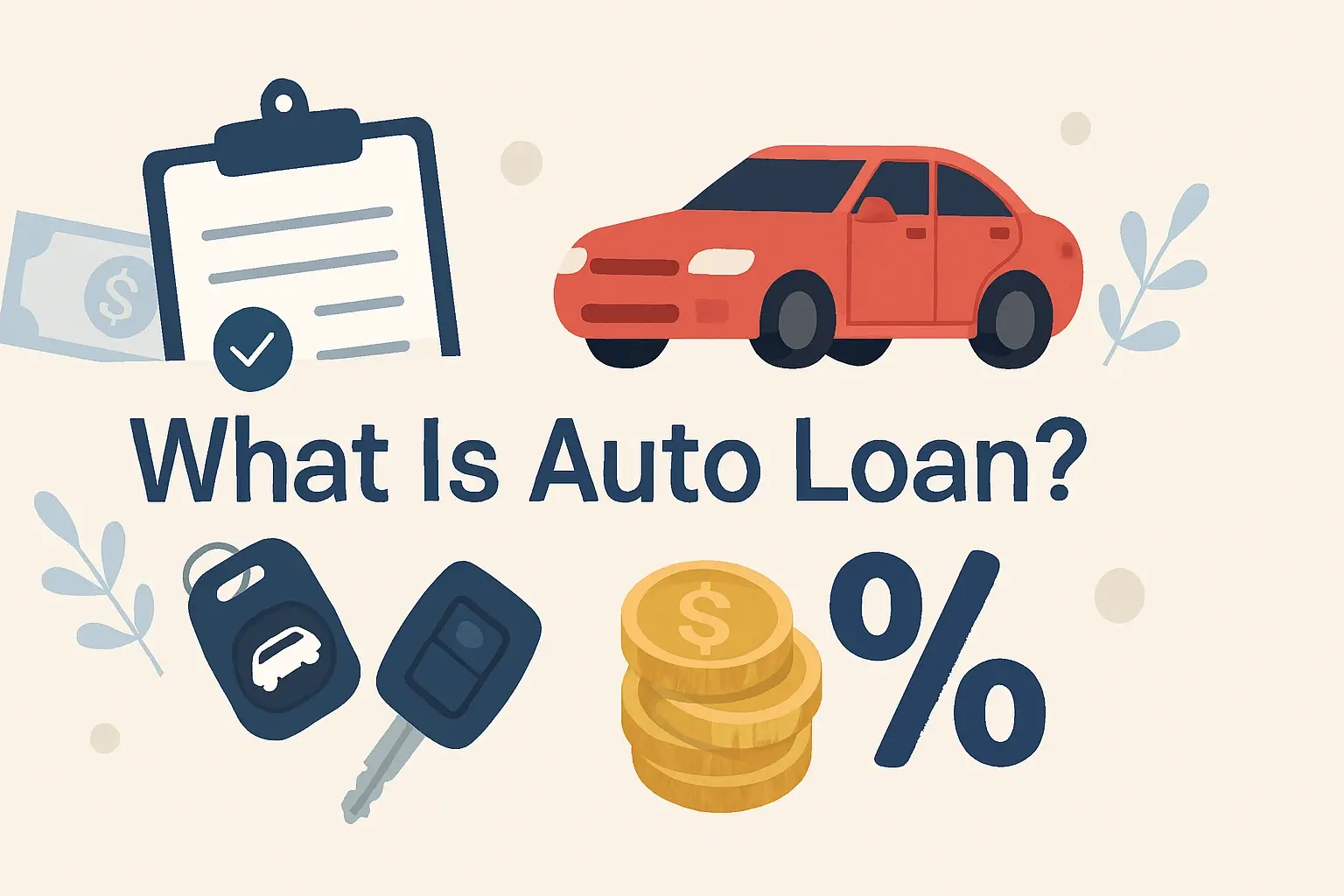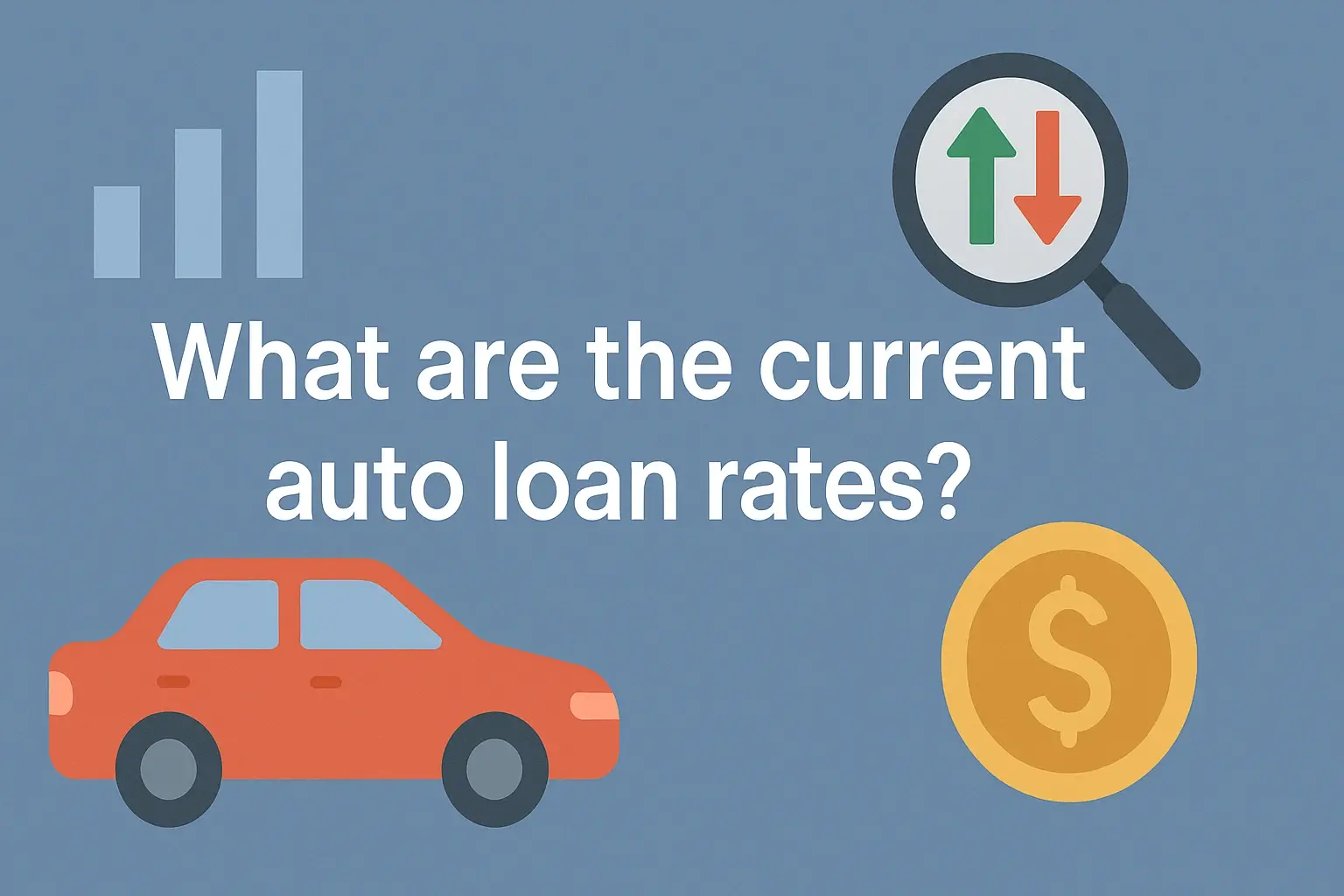-
Posted on: 03 Feb 2025

-
Your credit score is a three-digit number that represents your creditworthiness. It's a vital factor that lenders, landlords, and even some employers use to assess your risk. A higher credit score often translates to better financial opportunities. So, is 781 a good credit score? The short answer is a resounding yes! Let's delve into why and explore the numerous benefits that come with holding such a solid credit standing.
Understanding Credit Score Ranges
Before we dive into the specific benefits of a 781 credit score, it's crucial to understand the general credit score ranges used by major credit scoring models like FICO and VantageScore. These ranges typically break down as follows:
- Poor: 300-579
- Fair: 580-669
- Good: 670-739
- Very Good: 740-799
- Excellent: 800-850
As you can see, a 781 credit score falls squarely into the "Very Good" range, bordering on "Excellent." This indicates that you're a responsible borrower and pose a relatively low risk to lenders.
The Significance of a 781 Credit Score
Having a 781 credit score opens doors to a world of financial advantages. Lenders view you as a trustworthy borrower, making you eligible for better loan terms, lower interest rates, and a wider range of financial products. Let's examine these benefits in more detail:
Lower Interest Rates on Loans
One of the most significant advantages of a good credit score is access to lower interest rates. Whether you're applying for a mortgage, auto loan, or personal loan, a 781 credit score can save you thousands of dollars over the life of the loan. Lenders offer the best interest rates to borrowers with the highest credit scores because they're considered less likely to default.
Consider this example: Let's say you're taking out a $300,000 mortgage. With a 781 credit score, you might qualify for an interest rate of 6%. Someone with a lower credit score, say in the "Fair" range, might only qualify for an interest rate of 8%. Over 30 years, the difference in interest paid could be substantial – easily exceeding tens of thousands of dollars.
Improved Credit Card Approval Odds and Rewards
A 781 credit score significantly increases your chances of being approved for credit cards, including those with attractive rewards programs. You'll likely be eligible for cards that offer cash back, travel points, or other perks. These rewards can add up to significant savings over time. Furthermore, credit cards designed for individuals with excellent credit scores often come with higher credit limits and lower annual percentage rates (APRs).
Having access to a credit card with a high limit can be useful for emergencies or large purchases. However, it's crucial to use credit cards responsibly and avoid carrying a large balance, as high interest charges can quickly negate any rewards you earn.
Better Mortgage Rates and Terms
Securing a mortgage is a significant financial undertaking, and your credit score plays a crucial role in determining the terms you'll receive. With a 781 credit score, you're in a strong position to negotiate favorable mortgage rates and terms, potentially saving you a substantial amount of money over the life of your loan. This includes access to a wider range of mortgage options, such as conventional loans with lower down payment requirements.
In addition to lower interest rates, a good credit score can also help you avoid paying private mortgage insurance (PMI) if your down payment is less than 20%. PMI is an added expense that can significantly increase your monthly mortgage payment.
Easier Approval for Rental Applications
Landlords often check credit scores as part of the rental application process. A 781 credit score demonstrates your financial responsibility, making you a more attractive tenant. Landlords are more likely to approve your application and may even offer you more favorable lease terms.
In competitive rental markets, having a strong credit score can give you a significant advantage over other applicants. It shows landlords that you're likely to pay your rent on time and take care of the property.
Lower Insurance Premiums
In many states, insurance companies use credit scores to determine premiums for auto and homeowner's insurance. A higher credit score can translate to lower insurance premiums, saving you money each month.
While the exact impact of credit scores on insurance premiums varies by state and insurer, it's generally true that individuals with better credit scores pay less for insurance coverage.
Increased Negotiating Power
A strong credit score gives you increased negotiating power in various financial situations. Whether you're negotiating with a car dealership, a utility company, or a medical provider, your good credit history demonstrates your ability to manage your finances responsibly. This can give you leverage to negotiate better terms or lower prices.
Improved Access to Lines of Credit
If you need a line of credit for business or personal use, a 781 credit score significantly increases your chances of approval. Lines of credit provide access to funds as needed, offering flexibility and convenience for managing expenses or funding projects.
With a good credit score, you're more likely to be approved for a higher line of credit with a lower interest rate, giving you greater financial flexibility and control.
Maintaining a 781 Credit Score (and Potentially Improving It)
Maintaining a 781 credit score requires consistent effort and responsible financial habits. Here are some key strategies to keep your credit in excellent standing:
- Pay Your Bills on Time: Payment history is the most important factor in your credit score. Always pay your bills on time, every time. Consider setting up automatic payments to avoid missing due dates.
- Keep Credit Utilization Low: Credit utilization is the amount of credit you're using compared to your total available credit. Aim to keep your credit utilization below 30%, and ideally below 10%.
- Monitor Your Credit Report Regularly: Check your credit report regularly for errors or signs of fraud. You can obtain a free copy of your credit report from each of the three major credit bureaus (Equifax, Experian, and TransUnion) annually at AnnualCreditReport.com.
- Avoid Opening Too Many New Accounts at Once: Opening multiple new credit accounts in a short period can lower your credit score.
- Maintain a Mix of Credit Accounts: Having a mix of credit accounts, such as credit cards, installment loans, and mortgages, can demonstrate responsible credit management and potentially improve your score.
- Don't Close Old Credit Accounts: Keeping old credit accounts open, even if you don't use them, can help improve your credit utilization and demonstrate a longer credit history.
Improving Your Score Further
While a 781 credit score is excellent, you might be wondering if you can improve it even further. Aiming for an "Excellent" score (800-850) can unlock even more favorable financial opportunities, although the difference in benefits may be less pronounced than moving from a "Fair" to "Good" score. Continue to follow the tips above, and be patient. Building and maintaining a strong credit score takes time and consistent effort.
The Impact of a 781 Credit Score on Your Financial Future
In conclusion, a 781 credit score is undoubtedly a good credit score. It places you in a strong financial position, providing access to lower interest rates, better loan terms, and increased financial opportunities. By maintaining responsible financial habits and monitoring your credit report regularly, you can ensure that your credit score remains in excellent standing and continues to benefit you for years to come. It's an asset that can significantly impact your financial well-being and overall quality of life. Remember to always strive for responsible credit management; it's the key to unlocking a brighter financial future.











